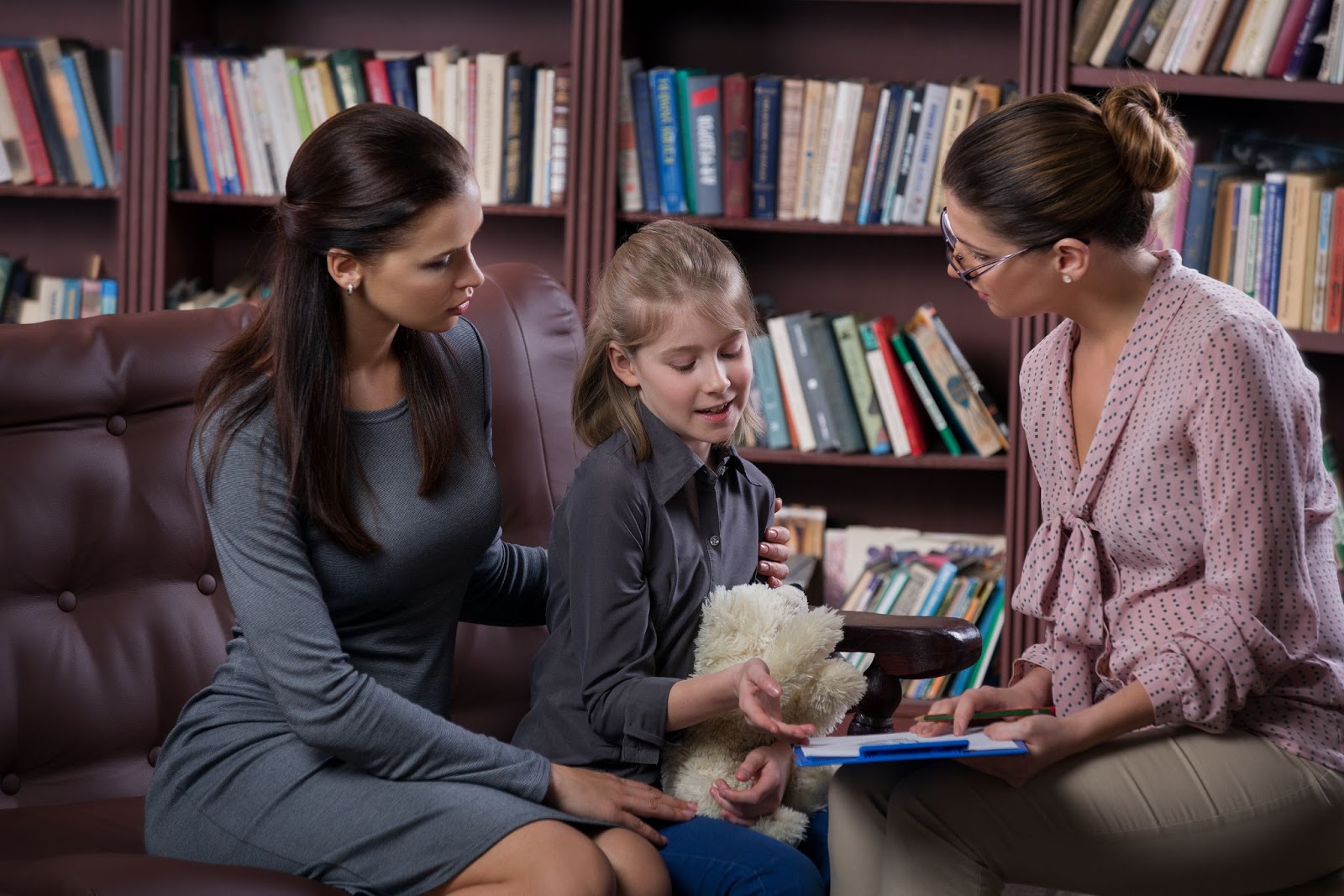
Like any student, children with ADHD want to participate in group activities, socialize, and make friends. However, they might have difficulties doing so. As a parent, teacher, or coach, you can make a difference in how they navigate the group experiences they are in. A boarding school catering to students with ADHD, Currey Ingram Academy shares steps you can take to help them thrive in a group setting.
Acknowledge that ADHD results in unintended behaviors and consequences
Some people believe that ADHD is a made-up diagnosis; as a result, they attribute the child’s behavior to poor parenting. As parents, teachers, or coaches, it is important to understand that ADHD is a neurodevelopmental disorder and is neither a reflection of the child’s character, intelligence, or upbringing. It will require patience and maturity to manage a child with ADHD in a group setting.
Focus on the child’s strengths
Children with ADHD are energetic, passionate, and enthusiastic. Take the time to provide learning opportunities and reinforce positive behavior. Be generous with praise and encouragement. Note that while the standard disciplinary actions might be work for other children, these could backfire with ADHD children.
Manage your expectations
ADHD children are approximately two to three years behind their peers in terms of emotional maturity. This can confuse adults, especially if the child behaves younger than they are, both emotionally and socially.
Simplify instructions
Many children with ADHD find it difficult to follow multi-step instructions. While it’s okay to tell most kids a sequence of things to do, and ADHD child might remember the first task but will most likely be distracted along the way and forget the rest.
Moreover, when giving out instructions, tell them what you want them to do and not just what not to do.
Consult with parents for guidance
Parents of children with ADHD know by experience what works and what doesn’t in terms of managing their behavior. Their advice would be very helpful.
Give them the time and space to adjust to new situations
Children with ADHD thrive in predictability and structure. They would appreciate knowing what to expect in a group setting to encounter different people and experiences.
Exercise restraint
Impulsivity could prompt children with ADHD to do and say things they don’t mean. It takes a patient adult to refrain from retaliating with reprimands or disciplinary measures. Redirect aggression and negative energy by asking the child to do small errands or chores.
Currey Ingram Academy is an ADHD boarding school that supports and empowers students with learning differences to achieve their fullest potential - academically and socially - within an environment that fosters holistic student development. Get in touch by calling (615) 507-3173.









